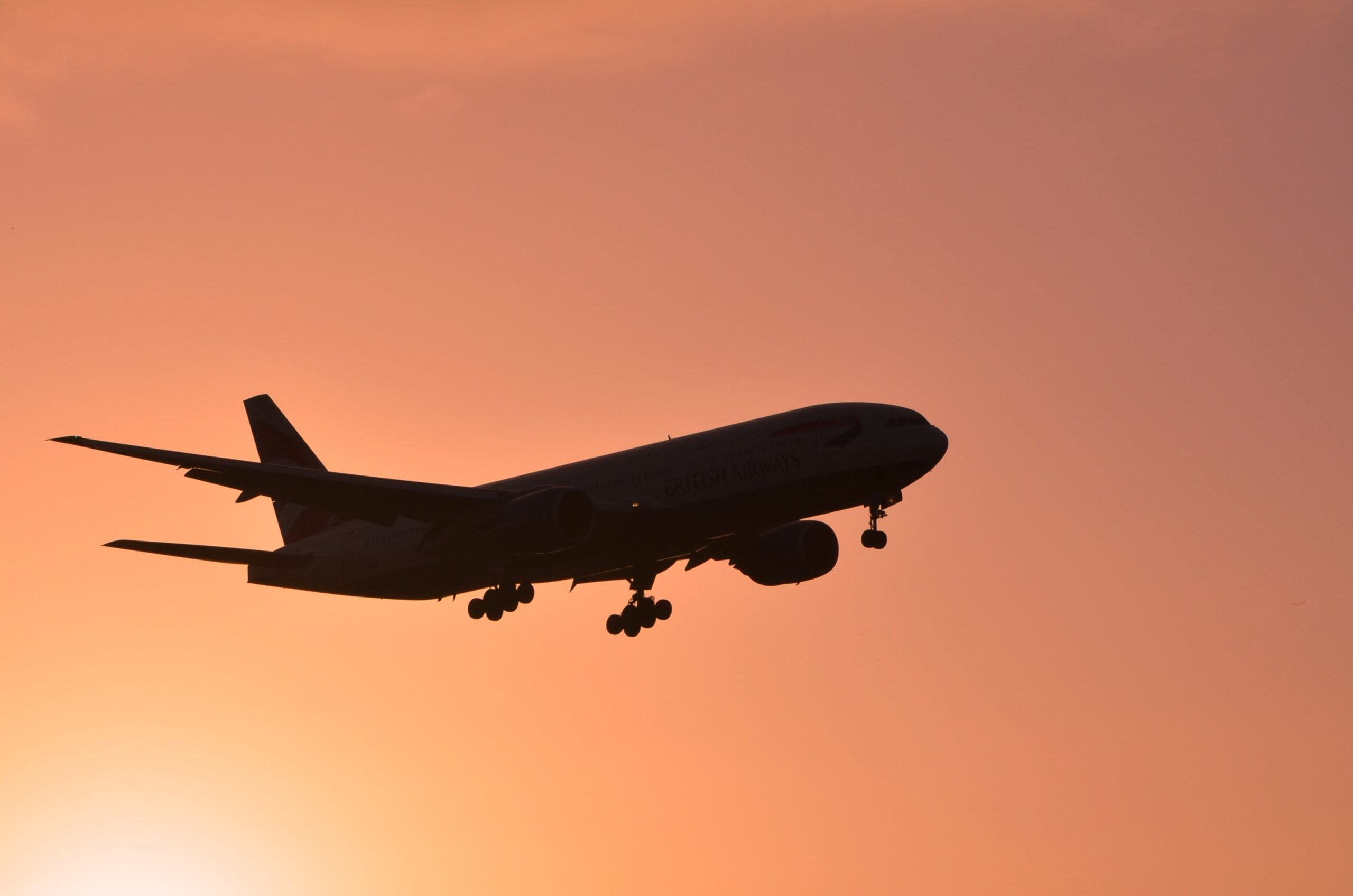According to a new analysis released today by US Travel Association economists, the US Department of State’s low priority of visitor visa (B-1/B-2) processing is severely impeding the US economic recovery, preventing an estimated 6.6 million potential visitors from visiting the US in 2023, resulting in a loss of $11.6 billion in projected spending.
“Outrageous wait times give the impression to passengers that the United States is closed for business,” said Geoff Freeman, President and CEO of the United States Travel Association. “Unacceptable visa delays are affecting the American workers, and it is long past time for the Biden administration to address the issue.”
Wait periods for visitor visa interviews now surpass 400 days for first-time applicants from major source markets, a huge disincentive that is undermining America’s global competitiveness by sending millions of prospective visitors and billions of dollars in traveller spending elsewhere.
The newly issued National Travel and Tourism Strategy from the United States Department of Commerce recognises inbound travel as an economic priority and sets a national target of welcoming 90 million foreign tourists by 2027. The State Department’s lack of urgency on this subject runs counter to the Commerce Department’s goals.
“Excessive visa delays are effectively a travel ban—no one is going to wait 1-2 years to interview with a US government official in order to acquire authorization to visit the US,” Freeman noted. “According to our new research, millions of potential visitors will simply select other destinations—destinations that effectively compete for their business.”
While the US Department of State has made headway in processing other visa categories, such as H-2B and student visas, the department ignores first-time visitor visa applications. It is in the best interests of the United States for the State Department to expedite interviews since these tourists make for a major amount of U.S. travel exports. Spending declines in just three major markets—Brazil, India, and Mexico—could exceed $5 billion by 2023.
The United States Travel Association has urged the State Department to make first-time visitor visa processing an economic priority and has provided many policy proposals with the department to assist in resolving this issue. In a recent letter to Secretary of State Antony Blinken, more than 60 bipartisan members of Congress backed the association’s urgent requests for a solution.
“With a recession impending, the United States just cannot afford to turn away billions of dollars in visitor expenditure,” Freeman added. “The Obama administration effectively addressed a similar problem and we call on the Biden administration to do the same.”
Thank You for Visiting Our Website “Fact Houses” (facthouses.com)




